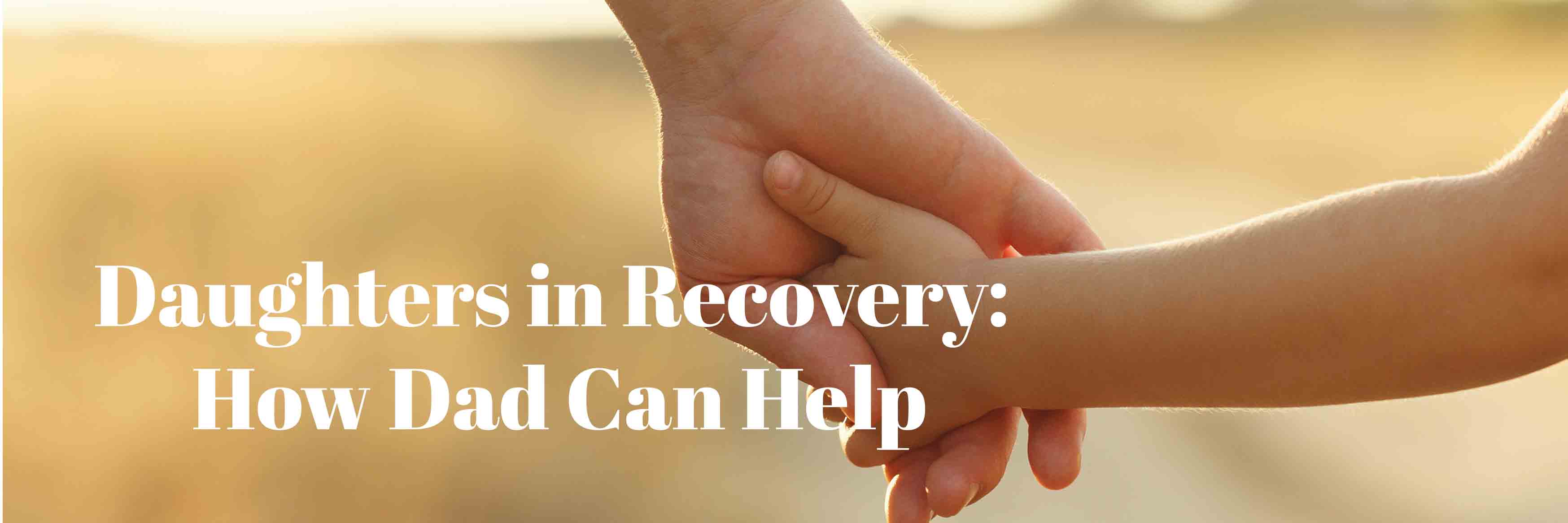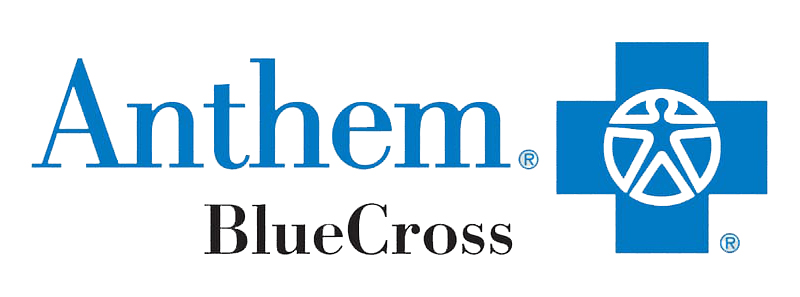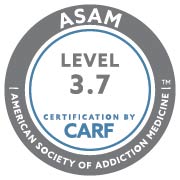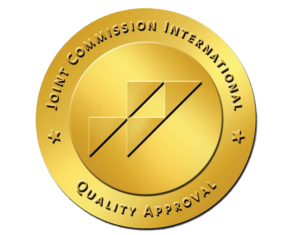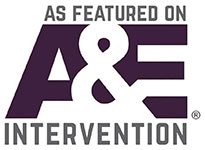In a crisis, you may run to your parents for help or you may shut them out completely, but when substance use becomes a lifestyle, a crisis is an understatement. Having the love and support of your dad may be just the boost you need to get back on the road to recovery.
SUBSTANCE USE AND GENDER DISPARITY
The societal pressure on teenage girls in this country is unspeakable. Unrealistic body image, broken homes, peer relations, and all of the above as seen through the warped prism of social media; these factors combine to create a cauldron of insecurity and virtual impossibility. Perhaps that’s why American girls between the ages of 12 and 17 report higher rates of substance use than boys when it comes to alcohol, methamphetamines, and prescription meds.
Adolescence is a turbulent enough time without the complications of drugs and alcohol. When those elements are added to the mix, it becomes a unique burden for a girl’s loved ones, especially her father.
THE CHALLENGES OF PARENTING A SUBSTANCE USER
Stereotypes and gender roles have persisted for millennia. These well-worn paradigms cast the father as the primary guardian of the family, protecting his kids against any and all dangers while providing for them economically, emotionally, and physically. A dad’s duties are pronounced when it comes to his daughter. Society allows men to be more affectionate to their female children than their male children, which facilitates some necessary bonding between father and daughter? but it also presents some complications.
When a girl relies on her dad to help her, she grows to expect that he?ll be able to do so under any circumstance. But addiction is worse than any fictional dragon or ghoul; it is a disease that can?t be cured by a simple hug (although hugs are a great start). A father-daughter team that has triumphed over everything from bullies to bad grades is suddenly presented with an insurmountable challenge: substance use. It shakes their preconceptions and leaves their relationship vulnerable. Dad may feel powerless to help his girl, the one person who could always depend on him. And it’s even worse for the daughter, who is clutched in the grips of a condition from which she can?t escape and suddenly alone.
THE PITFALLS OF HELPLESSNESS
An estimated 2.7 million women and girls in the United States can currently be categorized as active substance users. The pattern of addiction is uniquely problematic for females due to a number of factors:
- Stigmatization – Women are often under a microscope in American society. They are encouraged to be strong but not shrill, pretty but not unapproachable. And one of their chief sources of judgment begins at home. Fathers are the first male role models to critique their daughters? appearance, behavior, and general air of femininity. When girls grow up under such scrutiny, they learn to hide many of their flaws, one of which may be substance use. By repressing the scary truths of addiction, it is impossible to overcome them, and the cycle continues unabated.
- Excuses – Because of the many pressures outlined above, women may argue that they have ?earned? the occasional glass of wine, which may turn into a full bottle, which may progress even further. There are many reasons why we turn to substance use, but recognizing excessive drinking and/or ingestion must be the first step in stopping the addiction. It’s often difficult for a father to curb his adult daughter’ behavior because of these many excuses that we have built into our daily realities.
- Separation Anxiety – Daughters may find it difficult to admit to their destructive behavior for fear of losing the very pillar of support that raised them. They don’t want to disappoint their fathers, so they hide their addiction even further. This festering condition never withers in the darkness; it only grows harder and more insidious.
HOW ADDICTION FOLLOWS YOU INTO WOMANHOOD
As we embrace our adult selves, we galvanize our best and worst qualities. If we’re messy, we joke about it; if we’re driven, we boast about it. But addiction is a legacy that grows more cancerous as it progresses. The complications of a father-daughter dynamic become increasingly strained as a girl progresses into womanhood and leaves the safety of the nest.
If, for example, a father is an enabler, it’s easy for him to justify sending his daughter money for rent, clothes, food and other necessities as she embarks on her new life. She may be using these funds to fuel her substance use, but it?s easier to hide the addiction when she’s not living under her dad?s roof.
On the other end of the spectrum, if a father is more overbearing, it gives a young woman the justification to distance herself from him. She may be articulating her need for ‘independence’ while in actuality seeking the anonymity required to continue her destructive behavior without interference.
But just as every father wants a better life for his girl, so too does optimism shimmer on the horizon for women in recovery. As you come to terms with sobriety and stability, you must reignite the trust and goodwill you had with your father during your formative years. It’s important to put the blame behind you and focus on the joy ahead. Dad was there during your best years and your worst, so work with him to increase the former and rectify the latter.

